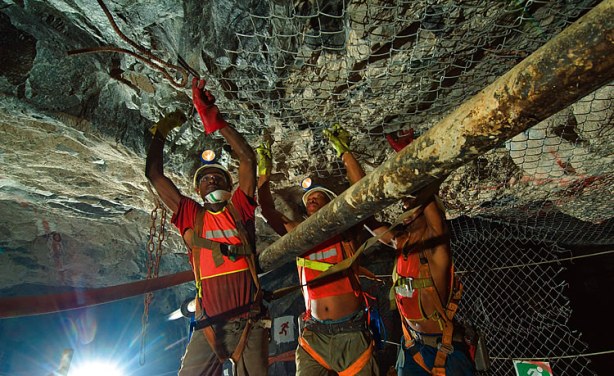
Three people died and 11 others were missing when a gravel mine collapsed on Monday in Moshono area of Arusha Region, northern part of Tanzania.
Police in Arusha confirmed the accident, as rescue team was busy working on the ground to rescue the trapped people in the collapsed mine.
Unconfirmed report from the scene said there were 14 miners in the gravel mining site.
Eye-witnesses said the tragic accident occurred at around noon, when gravel miners were busy mining the important building materials in the area.
“We heard a big bang from inside the mine, the situation indicated the sudden fall of the debris,” a witness said.
Some of the trapped miners include those who were busy loading the gravel in two lorries which were also buried by the falling debris.
Police and other civilians teamed up to rescue the debris- covered people in the collapsed mine. At around 3 p.m. three people were retrieved from the debris and their bodies were preserved at the Mount Meru Regional Hospital.
This is the first mining accident happened this year, though similar accident occurred seven years ago in north Tanzania.
Officials, including the Arusha city mayor Gaudence Lyimo, camped in the area to facilitate the process.
Monday 1 April 2013
http://www.nzweek.com/world/three-dead-11-missing-in-tanzanias-mine-accident-57341/


